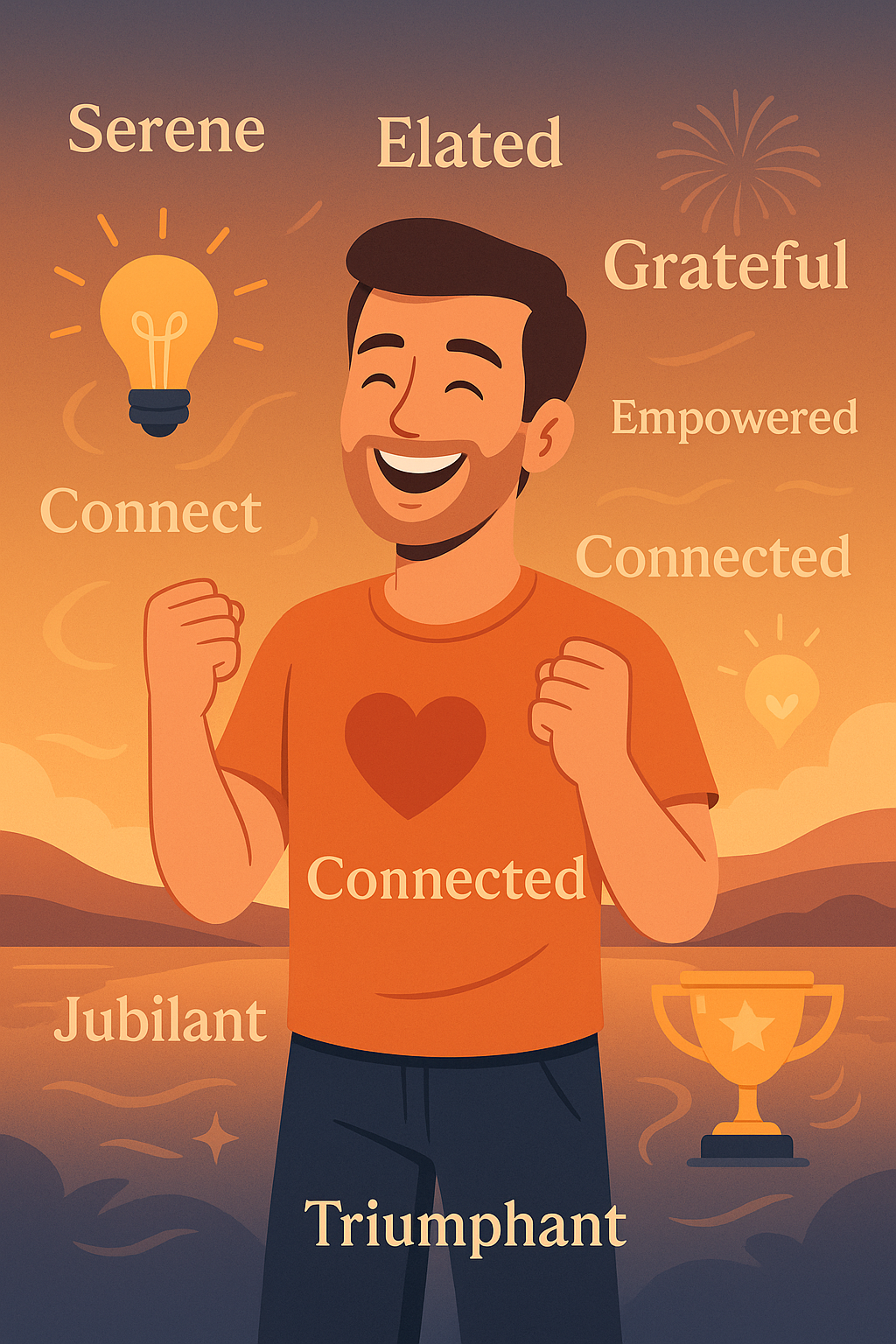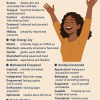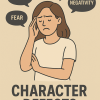The Art of Savoring Joy
Savoring Joy Can Transform Your Daily Life
We've all been there. Someone asks how our day was, and we reflexively respond with "fine," "good," or if we're feeling particularly expressive, "great." But what if this linguistic laziness is actually dulling our capacity for joy?
Research from psychology professor Dr. Alicia Meuret reveals a fascinating truth: finding more precise words to describe our positive emotions can actually validate and intensify them. When we move beyond generic descriptors and embrace a richer emotional vocabulary, something remarkable happens—we don't just label our feelings more accurately, we experience them more deeply.
🌟 The Power of Precision
Think about the last time something made you genuinely happy. Were you merely "good," or were you actually:
🔹 Elated - lifted up with extreme happiness
🔹 Serene - deeply calm like a still lake
🔹 Inspired - mentally stimulated to create
🔹 Delighted - filled with warm satisfaction
🔹 Exhilarated - thrilled and energized
When you name your positive emotions precisely, your brain pays closer attention to them. It's like turning up the volume on joy—suddenly, what was background music becomes a symphony.
📌 Your Daily Practice: The Precision Challenge
Starting today, try this simple exercise:
1️⃣ Notice a positive moment in your day
2️⃣ Pause before labeling it as "good"
3️⃣ Choose a specific word that captures the exact feeling
For example:
- That first sip of morning coffee? Perhaps you feel content or refreshed
- Completing a difficult task? You might be triumphant or accomplished
- A text from an old friend? Maybe you're touched or cherished
✅ Why This Works
Psychologists call this process "emotional granularity"—the ability to distinguish between different emotions with precision. Research shows that people with higher emotional granularity have better mental health and more effective coping strategies.
By expanding your joy vocabulary, you're literally training your brain to:
- Recognize positive experiences more readily
- Savor good moments longer
- Build stronger positive memories
- Increase motivation to seek similar experiences
🔹 Your Expanded Toolkit
Next time you catch yourself defaulting to "fine," reach for something more specific:
Instead of "happy," try:
- Jubilant, cheerful, gleeful, merry
Instead of "good," consider:
- Peaceful, satisfied, grateful, hopeful
Instead of "excited," explore:
- Enthusiastic, eager, invigorated, animated
Here are several more words for expressing joy and postitivity.
The Ripple Effect
Here's the beautiful part: when you share your specific positive emotions with others—"I felt so serene watching the sunset" instead of "The sunset was nice"—you not only strengthen your own positive feelings but spread that emotional richness to others.
As you practice this expanded vocabulary, you'll discover that life isn't just "good" or "bad." It's a rich tapestry of contentment, wonder, gratitude, delight, and countless other precise and beautiful experiences waiting to be named, claimed, and celebrated.
Remember: You already have these positive moments in your day. Now you have the words to truly honor them. ✨






